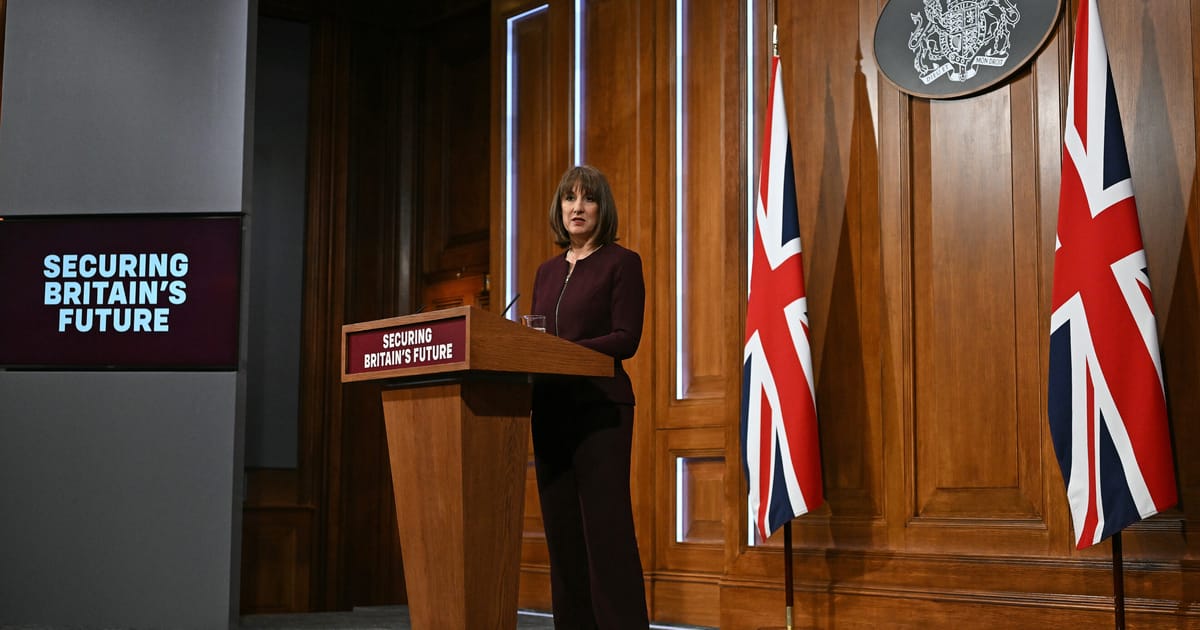

The world of international finance and trade is witnessing transformative moments across continents. Each development carries with it a story of challenge and progress, as nations carefully navigate the shifting tides of economic policies and partnerships.
In the United Kingdom, an influential group of Labour Members of Parliament has called for a recalibration of economic forecasting practices. Their concerns focus on the Office for Budget Responsibility and its role in creating economic forecasts. These MPs seek less frequent and more accurate “crystal ball” projections to avert situations like the recent scramble to find billions in welfare savings. By prioritizing precise data over frequent predictions, they aim to foster a more stable financial footing for the nation’s future.
Across the Atlantic, the European Union has taken a cautious yet proactive step in anticipation of potential trade tensions with the United States. While temporarily suspending countermeasures in the ongoing trade discussions, the EU has simultaneously laid the groundwork for potential retaliatory tariffs encompassing €72 billion worth of U.S. goods. This strategic pause underscores the complex dance of diplomacy and economic prowess as Brussels builds momentum toward a comprehensive tariff agreement with Washington.
A positive note amidst these economic maneuvers is the successful strengthening of trade relations between the EU and Indonesia. This long-anticipated agreement reflects Europe’s commitment to broadening its trade horizons, particularly as the United States imposes new tariffs on its trade partners. This partnership promises mutual growth and collaboration, bringing together diverse industries and economic interests across continents.
In an unexpected turn, Italian markets are reflecting optimism after a judicial ruling in the ongoing UniCredit banking merger saga. While the decision represents a partial victory for Italian interests, the future of UniCredit’s controversial takeover bid for BPM remains uncertain. This development heralds continued negotiations and strategic alignments within Italy’s financial sector.
Meanwhile, President Donald Trump has announced a substantial 30% tariff on goods imported from the European Union and Mexico, to be implemented at the start of August. This measure comes even as the EU seeks a path toward a harmonious trade agreement with the U.S. The announcement was met with surprise across European capitals, highlighting the delicate balance of international diplomacy and economic strategy.
Amid these geopolitical complexities, Benin, a major cotton producer, is embarking on a significant venture to industrialize its economy through the textile sector. By attracting investors to its Glo-Djigbé industrial zone, Benin is gradually establishing itself as a key player in garment and home textile manufacturing. This strategic move promises not only to boost the country’s exports but also to create jobs and stimulate economic growth, showcasing a vibrant future for its people.
As these various developments unfold across the globe, each step taken is driven by the desire for a stronger, more interconnected economic landscape. With mindful strategies and positive negotiations, nations are navigating these challenges with hopes of fostering peace, prosperity, and progress in an ever-evolving global community.
Source: {link}
